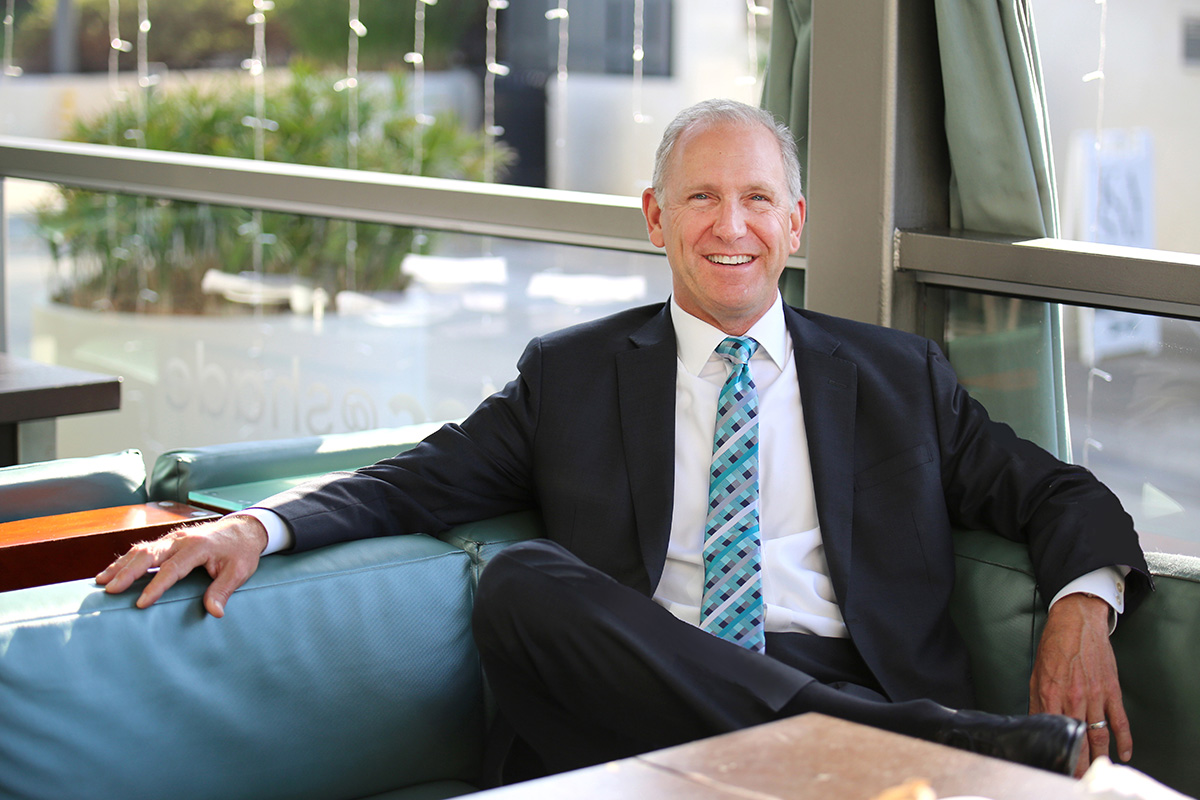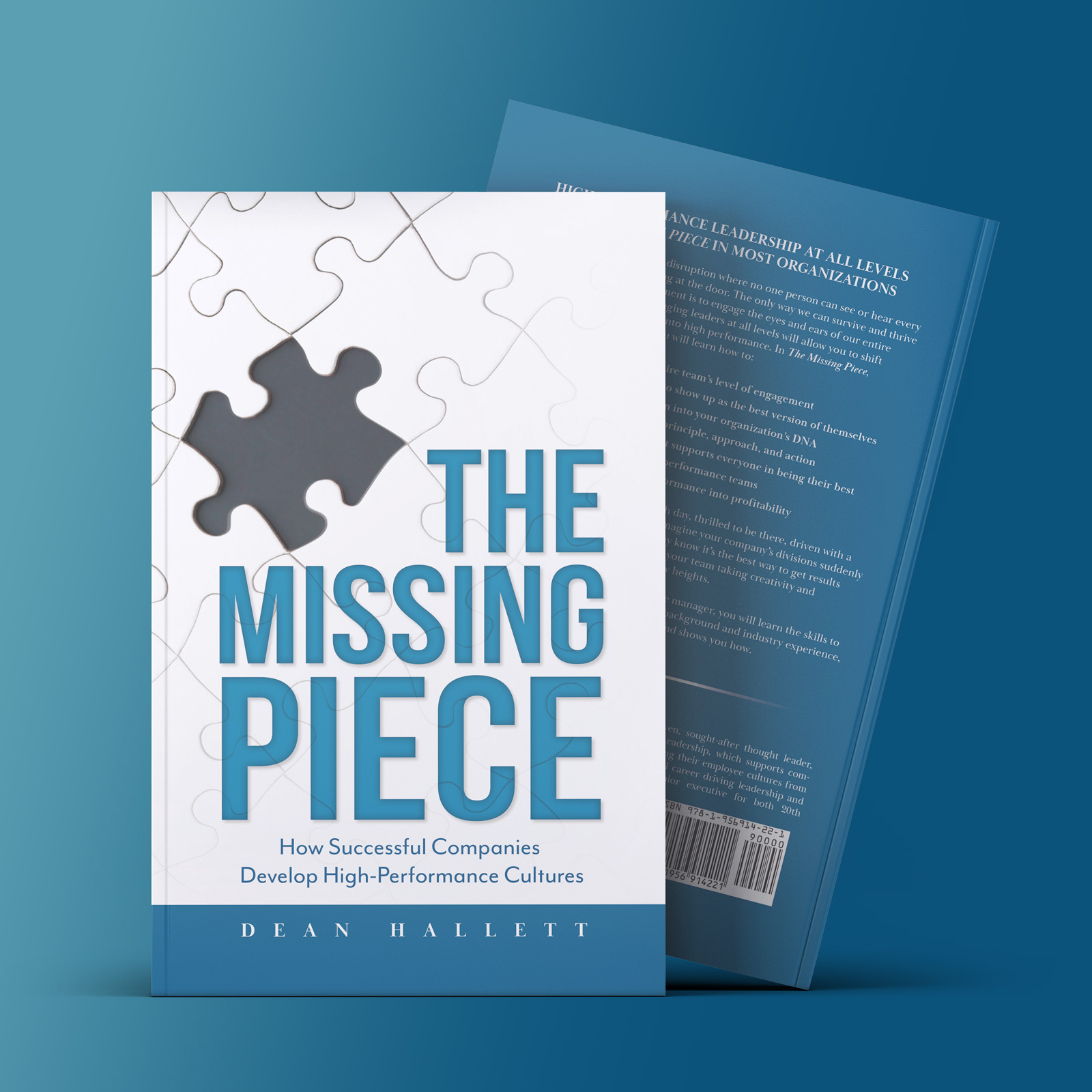Today we pick up the topic of excellence vs perfection in corporate culture. For those called to careers in a corporate environment have a tendency toward Perfectionism. It’s no one’s fault – the educational system rewards achievement through grades and admission to elite institutions. From day one in our development, opportunities abound to perform above the competition. Pressure to perform to Perfection usually begins in the home, with parents, sibling rivalries and teachers, and potentially even the overall culture surrounding an individual in the early years.
But the price of Perfectionism can be heavy, particularly as an individual advances through life. The need to be perfect – or right – at each and every moment can induce fear, stress and anxiety when we are not living up to the standard of Perfection. These in turn can give rise to frustration and anger.
These are just the individual consequences of maintaining a Perfectionist mindset. The larger conversation about Excellence vs Perfection in corporate culture relates directly to factors that influence a company’s bottom line. Things such as the ability to gather and leverage the best ideas of everyone in the company, adapt and change in a volatile marketplace, maximize profitability, and maintain high rates of retention.
At Hallett Leadership, we are enthusiastic about adopting an approach that comes from Excellence as an alternative to one that comes from Perfection – both for individual health and organizational success.
Blindsided By Unexpected Feedback
Hallett Leadership’s Accelerated Leadership Program (ALP) challenges participants to lean into Excellence at every stage of its nine-month program.
The key difference between Excellence and Perfection is that Excellence admits mistakes and encourages learning in order to facilitate progression and improvement. It is no wonder then that in a program that is focused on learning and development, the program can facilitate some dramatic wake-up calls and “aha!” moments.
There is one activity in particular that we do in ALP, where participants provide strong feedback to each other regarding each individual’s commitment to building a high-performance team.
One team member expressed early on in the program that she was experienced in leadership development and in the subject matter we would be covering in the program. That for her, the experience would amount to a review of subject matter she already knew, but she could see that for the others (i.e. her co-workers) it would be incredibly valuable. While she was whip smart and a great contributor, comments like this had created a perception among members of the team that she was arrogant and aloof.
During an exercise five months into the program, an exercise designed to generate feedback inside the team, she felt blindsided at learning how the other members of the team perceived her.
We have mentioned this story in a previous article, with regard to how important it is to administer and be willing to receive feedback. Not providing feedback to someone is tantamount to robbing them of an opportunity to grow. The individual in this instance felt incredibly betrayed because her teammates had not previously given her any feedback at all about what she was doing or saying that bothered them. Her response was along the lines of: “Why on Earth would you wait five months to tell me? I could have been working on this issue all this time!”
We are relating her story here to explore what happened through the lens of this article’s topic – coming from Excellence versus Perfection in corporate culture – because coming from Excellence is precisely what she decided to do at a very difficult and emotionally challenging moment… and it made a world of difference for everyone, not just her.
A Courageous Embrace Of Excellence
The participant in question was faced with a choice in this painful and somewhat embarrassing instance. She was angry. She was hurt. She felt betrayed. She was tempted to call it a day and drop out of the program.
But she didn’t quit.
Instead, she picked herself up and decided to listen and really hear the feedback her teammates had to offer. It must not have been easy, but she resolved that she would not walk away at precisely the moment when she had a tremendous opportunity to grow in awareness and get better at her job.
She had decided to come from Excellence, and learn from the situation in order to improve.
Not long after this, we heard from this participant’s managers. They reported something to the effect of: “We don’t know what you did with her, but she’s like a whole new person. A total All-Star! Supportive, responsive, collaborative.”
Had she stuck with coming from Perfection: “I already know about this leadership stuff, and am more advanced than my classmates,” she would have found it difficult to recover from the feedback and transform it into a learning experience. It was her willingness to come from Excellence that enabled this to happen.
The Consequences of Coming from Perfection In Corporate Cultures
Many organizational cultures have coming from Perfection as a default setting. In such places, it really isn’t okay to say we don’t know something. The effect of this is that we operate from what we think we know. Wandering into the area of what we think we know places us in danger of making errors, or not knowing something – precisely what the Perfectionist is seeking to avoid at all costs.
The hard truth is that, in Perfectionistic Cultures, this trend of insisting on working according to what we think we know gets more pronounced the higher up we ascend in the ranks. The more authority we have, there are even more stringent requirements to be perceived as perfect, and still smaller margins for error.
Compounding this issue is that everyone below you wants to be perceived as perfect in your eyes, so it is extremely difficult to get frank and honest ideas and feedback, because most won’t dare risk upsetting the apple cart. In short, when coming from Perfection, as soon as there is an error, the experience is ruined because *things* can no longer be perfect.
Not only do individuals working in Perfectionistic Cultures not participate and contribute to their full potential, but leaders of such organizations specifically risk being surrounded by “yes” people who can no longer be relied upon to provide an accurate picture of what is happening in the company, or in the marketplace. This can lead to stagnation or worse.
Why? Because an emphasis on Perfection precludes learning, growth, and improvements that make companies adaptable, versatile, and responsive to current trends.
Coming From Excellence As Alternative To Perfection
As an alternative to Perfection’s striving to be right, coming from Excellence means striving to be the best one can be, and for the larger organization to be the best it can be. Being the best one can be starts with one thing:
Self-honesty. Especially, in cases where we have been wrong, or failed at something.
Instead of treating failure as the to-be-avoided-at-all-costs-terminal-resting-place, the Excellence mindset treats failure as the first step in a learning sequence whereby new skills and insights are developed that can advance the person or the company along the path of becoming the best they can be.
The learning sequence can be divided into three parts:
- Accepting failure
- Rapid-response learning
- Integrating lessons and moving forward
Excellence Leads To Breakthroughs
The learning sequence we follow when coming from Excellence leads to breakthroughs and new possibilities. The value of such breakthroughs is self evident, as people, processes and the organization as a whole stand to benefit from learning and improving.
And one of the side effects of coming from Excellence is relieving the worker from the stress of striving for Perfection.
Excellence Keeps Companies Vital & Dynamic
Companies that foster an Excellence orientation among their people empower each individual to take risks and speak up when they have an idea or see that something could be improved.
Senior leaders who follow an Excellence orientation themselves are willing to lay their egos aside and listen to ideas from anyone in the organization, regardless of their rank.
This is what Ray Dalio calls an “Idea Meritocracy,” or a system that brings together smart, independent thinkers and has them engage in a healthy debate, where they productively disagree in order to drive the best possible collective thinking, which then enables senior leadership to decide on the best way forward.
The ALP Team That Rallied
Each ALP cohort divides into small work teams that take on projects together, and upon graduation from the program, each team presents to senior leadership on a topic relevant to the company and/or industry, and how the company might position itself to leverage the situation.
One cohort evolved into a high-performance team quite late in the game compared to previous cohorts. Among the small teams in that cohort, one in particular just couldn’t seem to get beyond its personal differences. Team members were not communicating with each other. There were personal animosities, and the individuals in question didn’t gel with each other.
Two weeks before graduation, one member of the team reached out to me for advice, and we sat for coffee one afternoon. As she related to me all the struggles the team had been having, she sighed and said: “It’s a shame the program has to end this way.”
To which I replied: “Hmmm. Last time I checked, the program is still going. Final presentations are in two weeks!”
We discussed possible courses of action, and by the time our coffee wrapped up, she was resolved to pull a victory from the jaws of defeat.
At that moment she faced a choice: to come from Perfection or come from Excellence. The moment something breaks down, by definition it is not perfect. Maintaining a Perfectionist mindset in this instance checkmates the thinker into “being a failure.”
But when we parted ways, she had taken up an Excellence mindset – a mindset that focuses not only on the destination, but the journey as well. There were indeed two weeks left to rally something; to talk to the members of the group, and identify an opportunity to grow together for a shared cause despite their personal differences and hang-ups.
She did just that. Got everyone together. They talked, they provided feedback to each other constructively and elegantly… and they achieved a breakthrough. They decided to move forward together.
Up until this point, they had shared a common goal (completing ALP with flying colors and making a great presentation to senior leadership), but had experienced a breakdown along the way (they didn’t get along with each other personally). They could have accepted failure at this stage, but instead went beyond the ordinary and facilitated their own breakthrough. Through an Excellence orientation, they attained alignment – 100% support among all members of the group for their common vision.
The group made their presentation to senior leadership. And then the unexpected happened: the team’s presentation was one of the best presentations of their entire cohort.
Conclusion
It is not necessarily an easy thing for someone coming from Perfection to shift and embrace Excellence. It is an act of courage, of vulnerability, and opens the possibility for “painful” mistakes to be made. But in our experience, we’ve seen that the risk is worth it. Life gives way to more enjoyment, more growth, more possibility… and the work outputs typically elevate enormously.
Open up a conversation with your workforce about shifting their mindsets to come from Excellence. Start learning, and have some fun while you’re at it. Hallett Leadership’s two-day workshop is a forum that provides an opportunity to initiate this change. Please get in touch if we can be of service.





